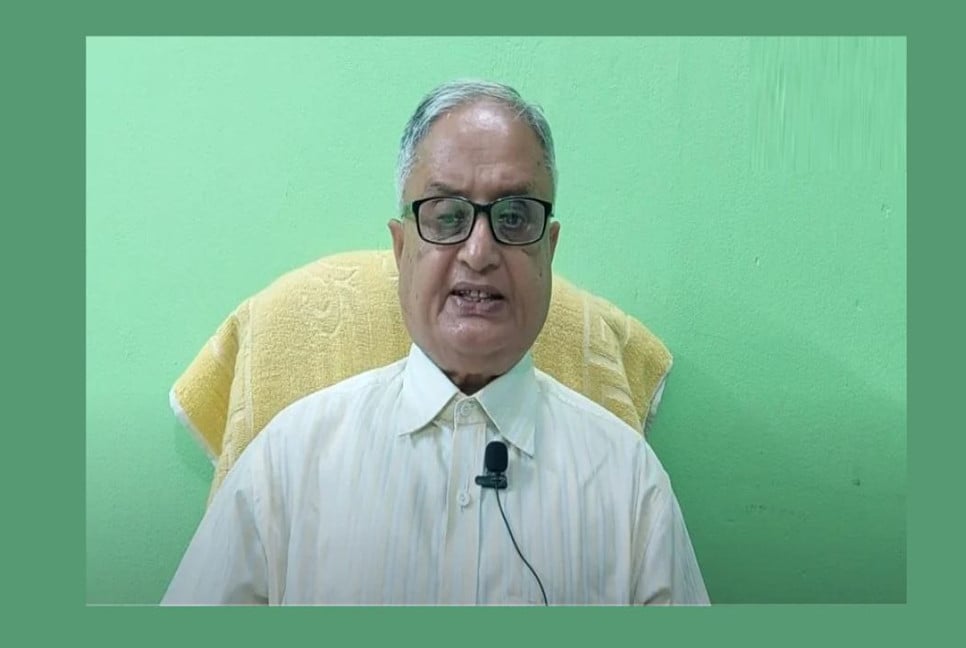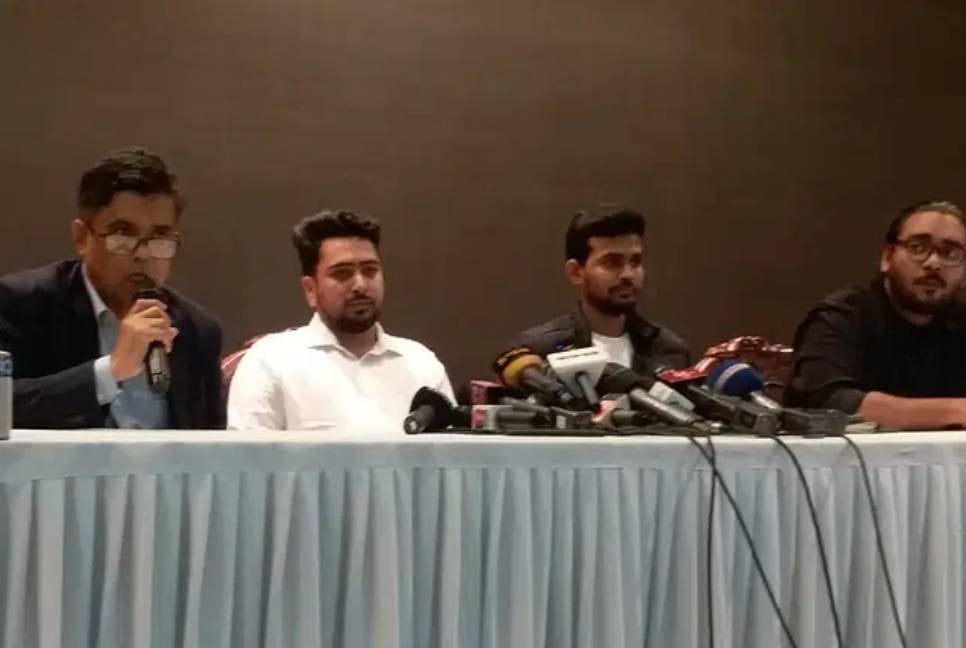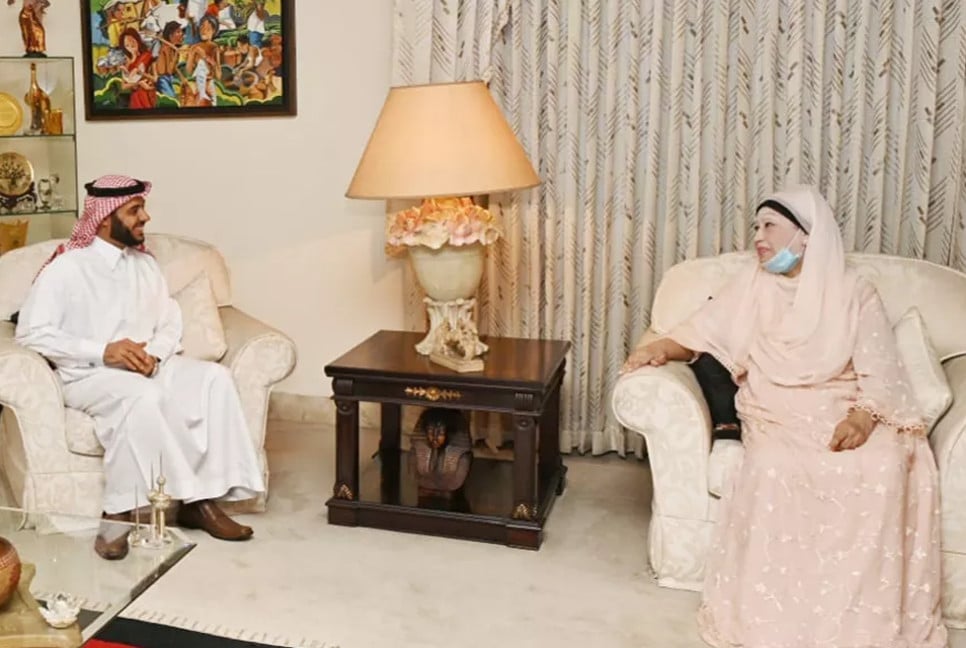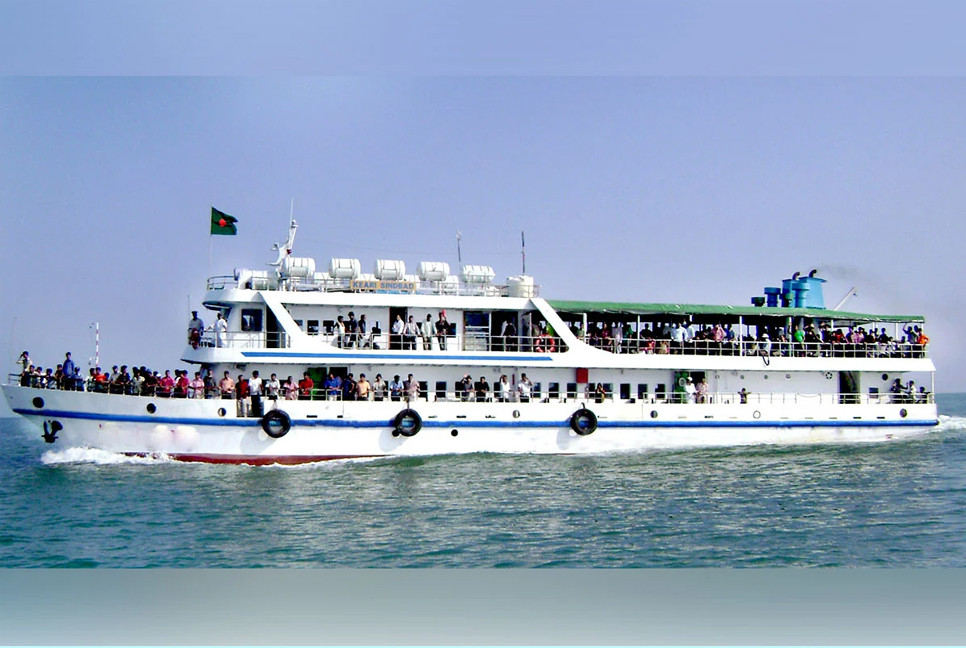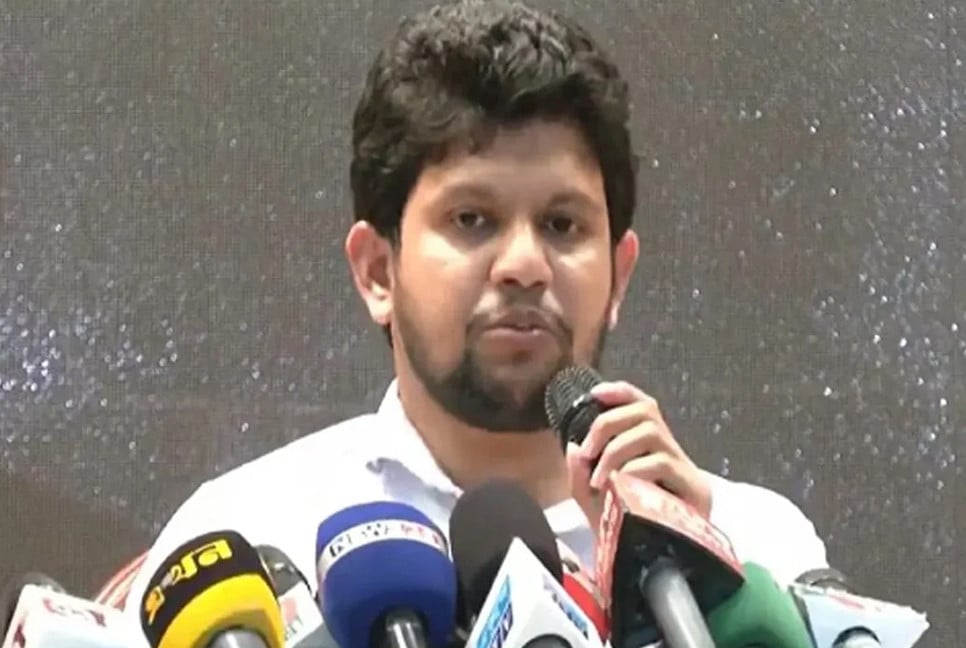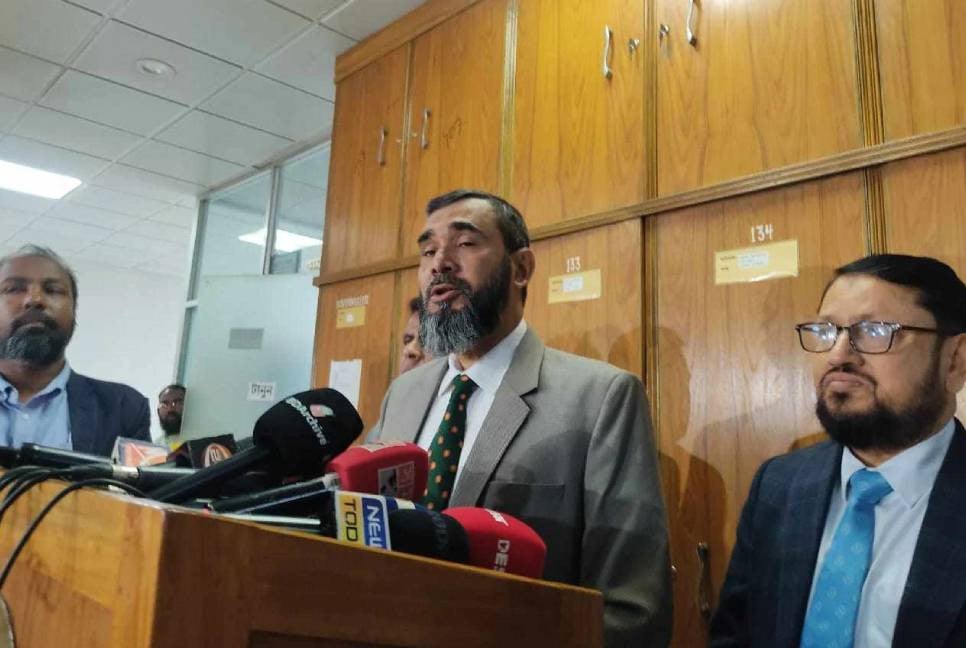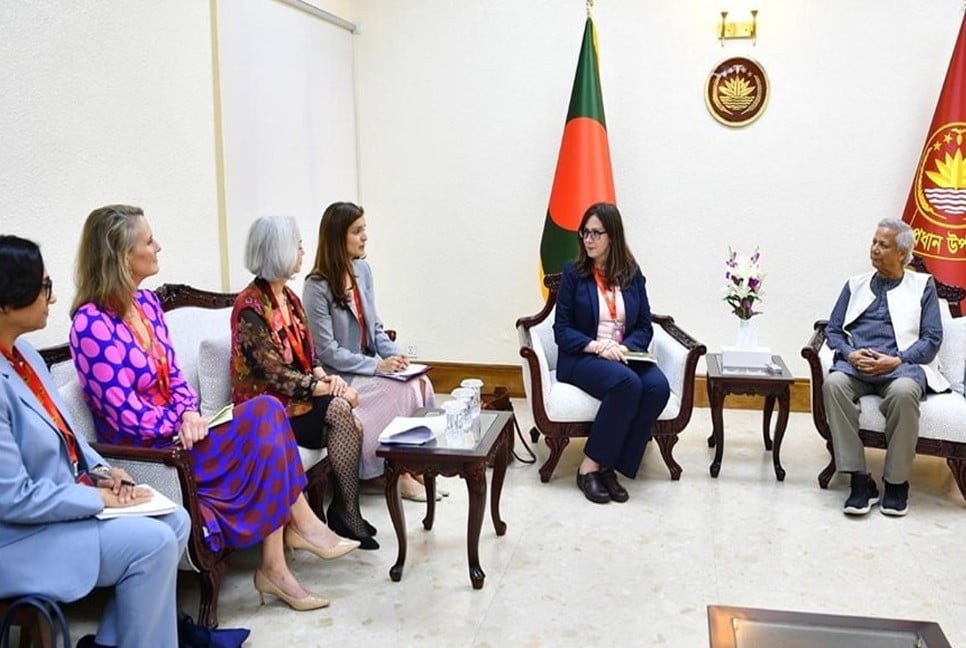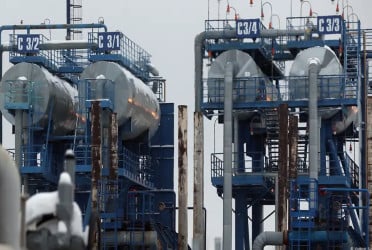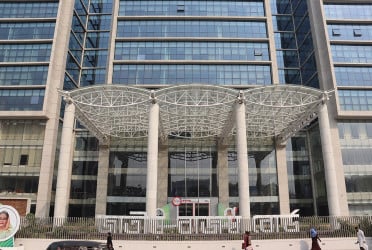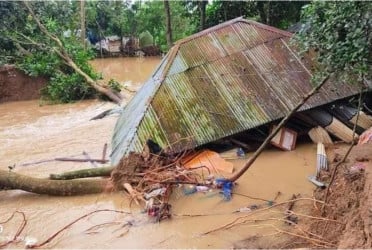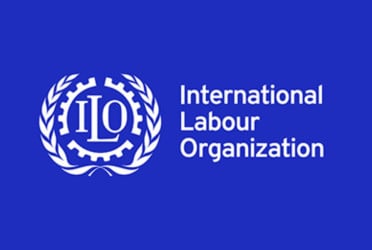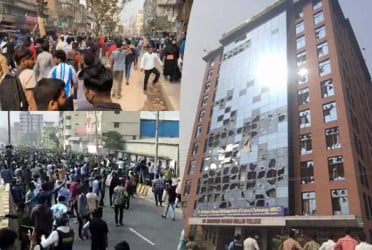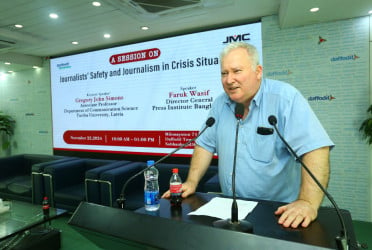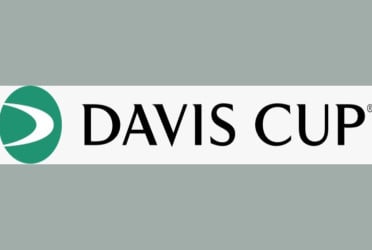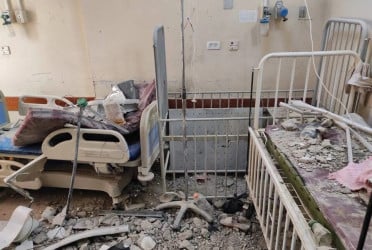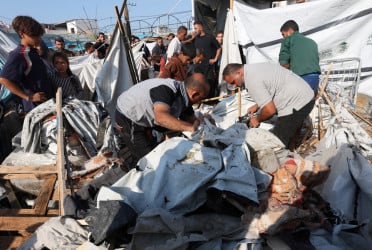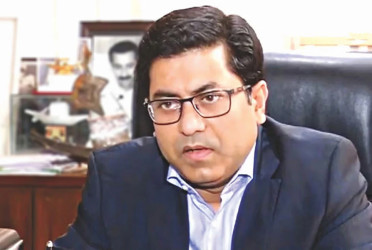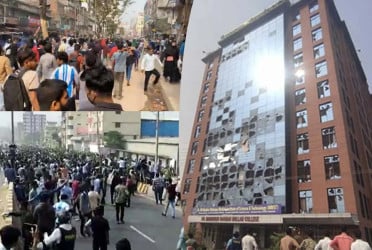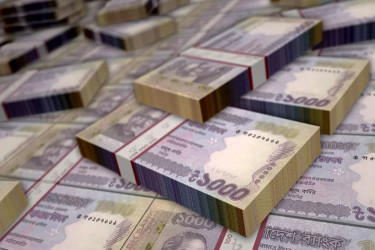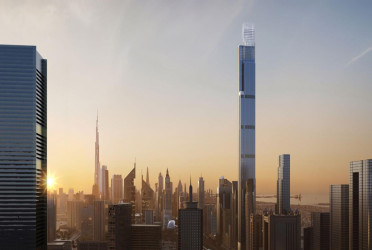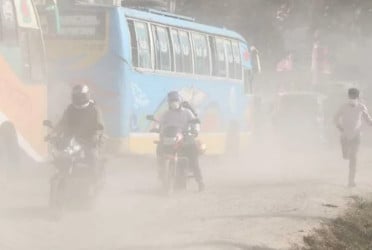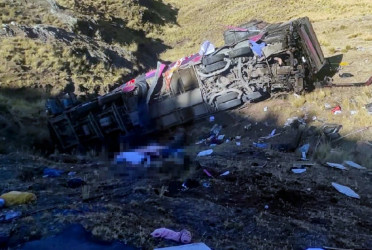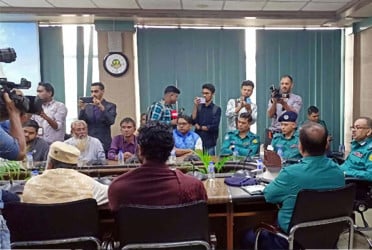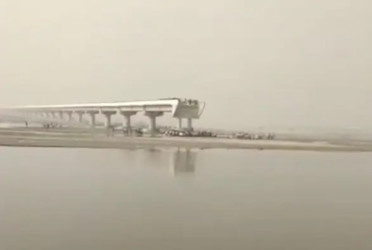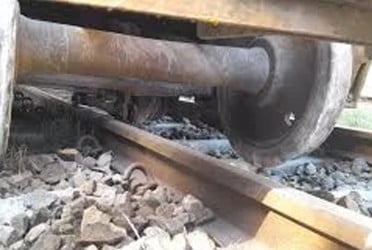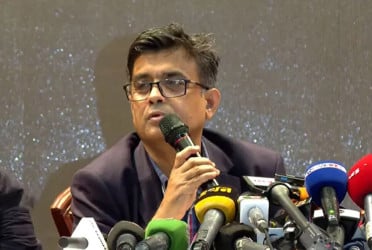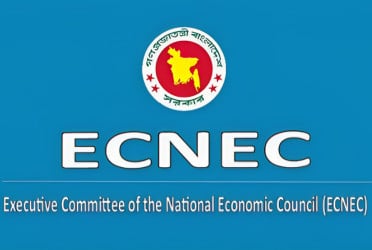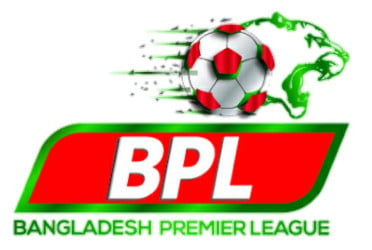Many companies listed by the related organizations of the government but do not exist in reality, they have imported the raw materials of export products from abroad and sold them in the open market under the government tariff benefits.
53 such companies have been identified by the National Board of Revenue (NBR). In the initial investigation of the organization, the money laundering information of these companies also found in the banking channel.
Apart from this, NBR's investigation revealed that 71 other companies are involved in financial irregularities and money laundering by importing raw materials at the same facility.
The accounts of these 124 identified organizations have been seized. After the investigation, the accounts of the companies were seized from July to December last year.
Besides, the business license has been suspended. Import-export has also been banned. Most of these are companies in the ready-made garment industry and its allied industries. A detailed investigation is underway to identify the amount of money they have laundered.
A senior official of NBR, a member of the task force on the condition of anonymity said that each company brought products worth Tk 5 crore to Tk 25 crore in multiple consignments and sold them in the open market. On the other hand, the money laundering amount of each organization is 8 crores to 15 crores or more.
According to his information, 124 companies brought products of about Tk 1000 crore and sold them illegally in the open market and smuggled another Tk 1500 crore. Although these have been found in the initial investigation, the final calculation is going on. Amount may increase or decrease as final.
Md Mosharraf Hossain Bhuiyan, former chairman of NBR said, “The domestic industry produces products by paying all types of revenue and their production cost is high. On the other hand, the cost is lower as there is no need to pay duty on the import of goods under duty-free facility. So the price is low.”
“Customers buy more of these products due to the availability of products at low prices. On the other hand, even if the domestic product is sold with minimum profit, it cannot cope with it. As a result, domestic industries are suffering losses,” he added.
A 17-member task force committee consisting of NBR officials examined all import-export data of 124 establishments for five years (2017-2021).
According to the report of the task force, 71 companies that are in production have committed financial irregularities by giving false information in the import and export of raw materials. The required amount of raw material, imported several times more than that with false information and sold in the open market.
On the other hand, it has produced less than what is supposed to be exported and has exported products of nominal value. On the other hand non-existent companies also bought from outside and exported nominal goods.
Apart from ready-made garments and allied industries, there are companies in the electrical and plastic sectors. As raw material these companies have imported art card, duplex board, medium paper, liner paper, polypropylene (PP), BAPP and adhesive tape, plastic granules, hangers, polythene, yarn, cloth, wire and various electrical equipment. But those raw materials were not taken to the factory and sold to various shops in Nayabazar, Bangshal, Bakshibazar, Hatem Tower, Dholaikhal, Tongi in the capital.
According to the NBR report, Belukuchi Knit Wear at Mirpur 2, Covers and Cover Industries at Adabar, Impex Packaging Limited at Shyampur Kadamtali, MM Washing Plant Limited at Tongir, Parsa Limited at Airport Road in Banani, Rain Fashion Limited at GOH Block in Banani, Weld Dresses at Tongir Ltd., Markav Designers Ltd., Mirpur Pallabi Section 7, Kotwali, Dhaka address of 124 companies including Manila Polymer Industry Ltd.
But the existence of 53 was not found by going to the address. In fact, shops, residential buildings, shopping malls, student hostels, schools were found everywhere. Aftax Limited is said to be located at the address of Malibag Chowdhurypara, but in reality there is a shop there.
Recently, the officials of Dhaka Customs Bond Commissionerate seized a covered van with imported paper in bond facility or duty free facility while taking it for sale in Babubazar of the capital. These papers were cleared from the port by a company called AB Packaging.
The market value of the seized goods is about Tk 14 lakhs. In this case, the price including duty and tax is about 26 lakh taka. The company has sold about 12 crores worth of products in the open market in various consignments in a year.
The government has given special facilities called 'bond facilities' to import raw materials for the production of products of 100 per cent export-oriented companies. Companies availing this benefit do not have to pay duty on import of raw materials. In order to get this benefit, the importing company has to comply with certain conditions.
One of the conditions is that all the raw materials imported at duty free facilities must be used in production. All the manufactured goods have to be exported and even a small amount of raw materials cannot be sold in the open market. Violation of these conditions will result in cancellation of bond facility and suspension of business license as penalty. A certain amount must be paid along with the amount equivalent to financial irregularities, revenue and fines.
If necessary, factory land, machinery will be seized. There is legal scope to file a criminal case against the importer. As a punishment, the bank accounts of the importing company and those associated with it can be seized.
According to the report of NBR, 124 companies opened letters of credit or LCs mentioning the price of imported raw materials and remitted the money, but actually imported products of lower price and less quantity. The importers secretly set up their own selling firms abroad and remitted the price in their favour. In this illegal business, unethical benefits have been given to some unscrupulous persons of banks, ports and NBR.
Dr Md Shahidul Islam, former Dhaka Customs Bond Commissionerate and NBR member said, “NBR has stepped up surveillance to identify abusers of bond facilities. However, it takes time to bring them under the punishment due to legal problems. There is room for further work on this.”
NBR's former chairman Abdul Majid said bond corruption is not stopping because of exemplary punishment of those involved. He advised NBR to be more strict with amending the law in this regard.



